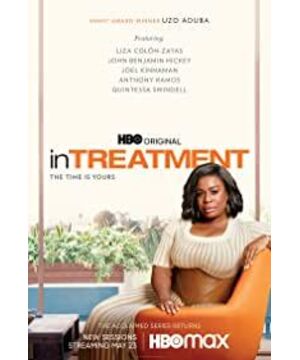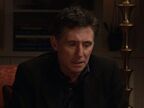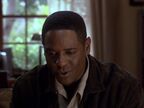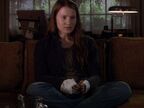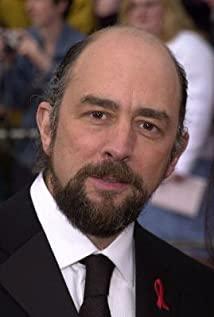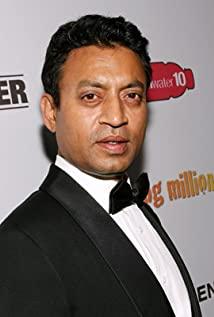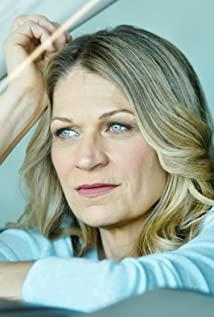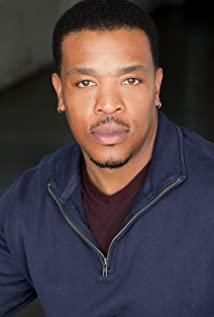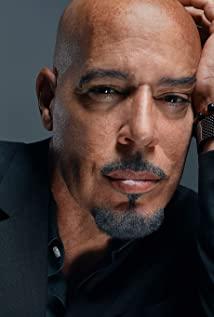In the past few days, I have finished watching the part of Sophie in the first season of "In treatment". Witnessing her father's infidelity, her parents' marriage breaking up, and not being truly listened to and comforted in the process made her think of herself as a worthless person who would screw it all up. With the continuous work with the consultant paul, she gradually has the power to question and resist her father.
Seeing her find out her fourth grade diary and read it to Paul, to the effect that on the day of 9/11, she was shocked and sad, and her father told her that the world is such a miserable thing. At the age of 16, she was emotional and furious, and accused her father: what kind of person is this, to tell her fourth-grade daughter that the world is so miserable, instead of doing something and changing it! Just hang out with the models and take pictures of them!
It was a powerful burst. Later, in the consultation room, she denounced her father for the harm she had caused by abandoning her. The father was stunned and began to reflect. Later, the plot did not explain, only saw Sophie chatting with her father on the lawn, and her new life about to start. This ending always feels unfinished.
I think, as a child who suppressed and hid her true feelings, Sophie began to dare to criticize and complain to her father, to experience that anger, to vent that fear. This is a good change and a beginning of growth. She was finally freed from her habitual pattern, no longer oppressing and wanting to hurt herself.
However, this is just the beginning. A frightened child is finally about to open his eyes. If she blamed her parents for all the unsatisfactory experiences in her life because of this, and held onto her childhood experiences, then she would still be a poor child.
And to grow from a child to an adult, is by no means complaining that others are not responsible for their own lives. After experiencing and clearing the accumulated fear and anger, Sophie will really open her eyes, she can see different choices in life, and the freedom and initiative of choice is in her own hands. Father's admonition to Les Miserables is not the truth of the world. She can have her own way of seeing the world. She doesn't have to be an abandoned child, constantly complaining about her father, on the contrary, she can love her father as an independent adult.
Replace anger with love and fear with freedom. I think that's what we're all about exploring our family of origin, our relationship with our parents and significant others.
View more about In Treatment reviews


